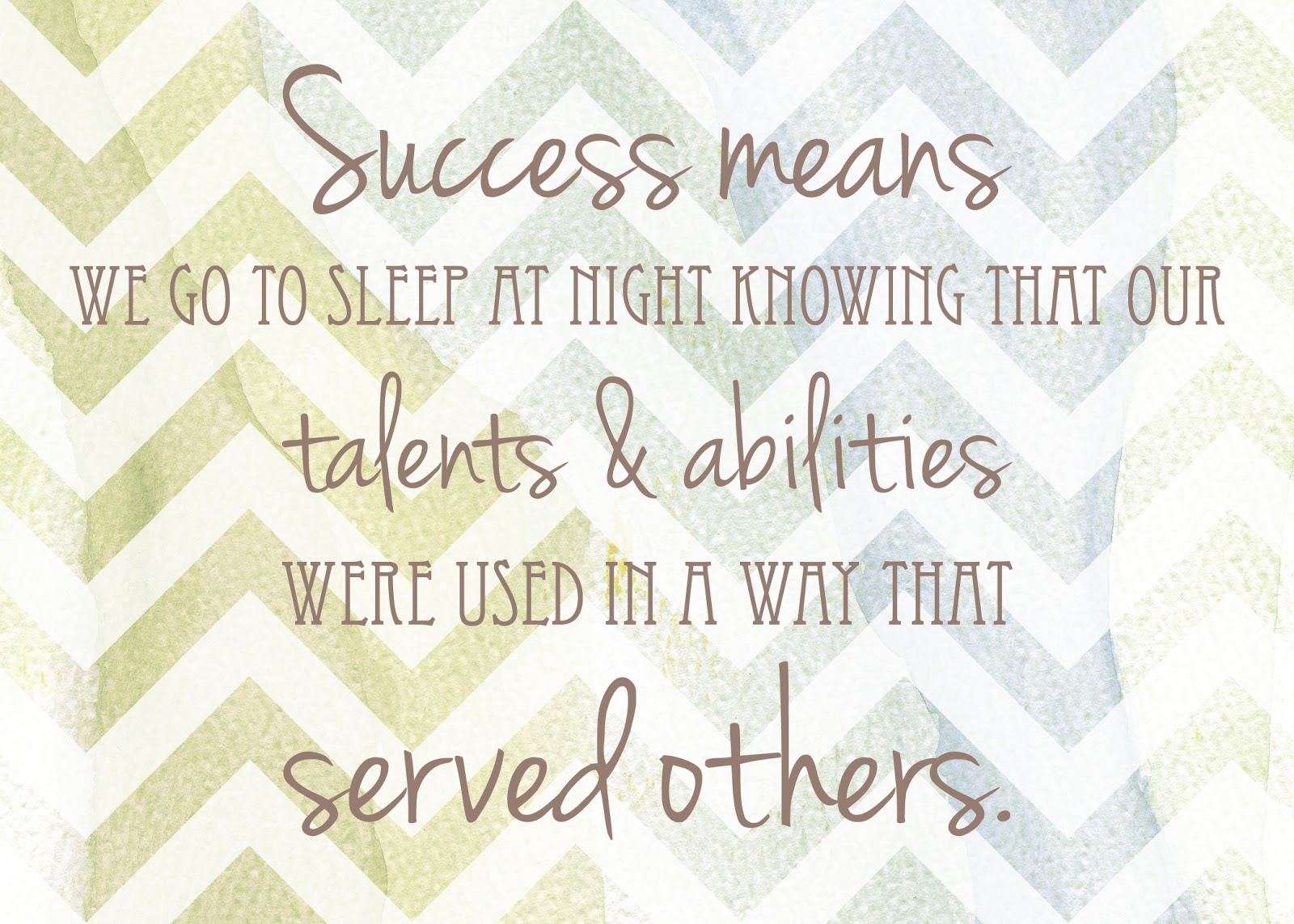Sarcastic Comments About Family: The Ultimate Guide To Navigating The Quirky Side Of Relationships
Let’s face it—family can be the greatest source of love and the biggest source of sarcastic comments all rolled into one package. Whether it’s your mom criticizing your cooking or your uncle making questionable jokes at Thanksgiving, family interactions are often filled with moments that leave you rolling your eyes. But hey, that’s what makes it special, right? In this article, we’ll dive deep into the world of sarcastic comments about family, exploring why we say them, how they impact relationships, and how to use humor without burning bridges.
Family is like a sitcom scriptwriter’s dream come true. Every gathering feels like an episode of a show where someone’s bound to drop a sarcastic comment that either lightens the mood or makes everyone awkwardly silent. But it’s not just about the laughs—there’s psychology behind why we use sarcasm with the people we love the most. Let’s explore why this happens and how it affects our relationships.
Before we jump into the nitty-gritty, let’s get one thing straight: sarcastic comments about family aren’t always bad. In fact, when used correctly, they can bring people closer together. The key is understanding the context and knowing your audience. So, buckle up because we’re about to take you on a journey through the quirky, hilarious, and sometimes cringeworthy world of family sarcasm.
Read also:Maricar Reyes Hayden Kho Scandal The Truth Behind The Headlines
Why Do We Use Sarcastic Comments About Family?
Sarcasm is like the Swiss Army knife of communication—it’s versatile, sharp, and sometimes dangerous if mishandled. When it comes to family, sarcasm often stems from familiarity. Because we know each other so well, we feel more comfortable using humor, even if it’s a little edgy. But there’s more to it than that.
Research shows that sarcasm can actually enhance creativity and problem-solving skills. A study published in the Journal of Organizational Behavior found that people who engage in sarcastic conversations tend to think more critically. So, the next time your cousin drops a witty remark about your choice of socks, remember—it might just be their brain working overtime.
That said, sarcasm can also be a defense mechanism. Sometimes, we use it to deflect uncomfortable emotions or mask our true feelings. For instance, if your sibling keeps asking when you’re going to settle down, you might respond with, “Oh, I’m just waiting for Prince Charming to show up in his pumpkin carriage.” It’s a way of saying, “Leave me alone,” without actually saying it.
The Psychology Behind Family Sarcasm
Let’s break it down a bit further. According to psychologists, sarcasm often arises from a mix of frustration and affection. Think about it—when your dad jokes about how you still haven’t cleaned your room at 25, it’s not necessarily because he’s annoyed. He’s probably trying to remind you that you’re still part of the family dynamic, even as an adult.
However, the impact of sarcasm depends on the relationship. If you have a strong bond with someone, a sarcastic comment is more likely to be taken as a joke. But if there’s tension or unresolved issues, it can come across as hurtful. That’s why it’s important to tread carefully, especially with sensitive topics.
Common Reasons for Sarcastic Comments About Family
- Familiarity breeds contempt—or at least some witty remarks.
- Sarcasm is a way to cope with stress or awkward situations.
- It’s often used to test boundaries and gauge reactions.
- Sometimes, it’s just a family tradition passed down through generations.
Is Sarcasm Always Negative?
Not necessarily. While sarcasm can sometimes sting, it’s not inherently bad. In fact, when used appropriately, it can be a great tool for bonding. Imagine a holiday dinner where everyone’s trading sarcastic comments about Aunt Mildred’s questionable fashion choices. It’s not mean-spirited—it’s just funny.
Read also:How To Master The Perfect News Reporter Outfit A Comprehensive Guide
However, there’s a fine line between playful sarcasm and hurtful remarks. The key is to ensure that your comments are lighthearted and don’t cross into personal attacks. For example, instead of saying, “You always ruin family gatherings,” you could say, “Wow, you really know how to make an entrance.” See the difference? One is hurtful, while the other is just a playful jab.
How to Tell if Your Sarcasm is Crossing the Line
- Does your comment focus on someone’s flaws or mistakes? If yes, it might be too harsh.
- Is the person laughing along, or do they seem uncomfortable? Pay attention to their body language.
- Would you say the same thing to a stranger? If not, it’s probably not appropriate for family either.
Family Sarcasm in Popular Culture
Let’s take a moment to appreciate how pop culture has embraced sarcastic comments about family. From sitcoms like Modern Family to movies like The Royal Tenenbaums, family dynamics are often portrayed with a healthy dose of sarcasm. These shows and films resonate with audiences because they reflect real-life experiences.
For instance, in Modern Family, Phil Dunphy’s sarcastic remarks about his kids’ antics are both hilarious and relatable. They show that even in the most loving families, there’s room for a little teasing. It’s all about finding the right balance.
Top 5 Sarcastic Family Moments in TV and Movies
- “Oh great, another family vacation where nothing goes wrong.” – Napoleon Dynamite
- “I’m not saying I hate you, but I’d choose dental surgery over dinner with you any day.” – Family Guy
- “Welcome to the family, where sarcasm is the official language.” – Big Little Lies
- “I didn’t know being your fake sister was part of the job description.” – Mean Girls
- “Oh, sure, blame me for everything. It’s what families do best.” – Arrested Development
How to Use Sarcastic Comments About Family Without Ruining Relationships
Now that we’ve established that sarcasm isn’t all bad, let’s talk about how to use it effectively. The key is to keep things playful and avoid crossing into territory that could cause lasting damage. Here are a few tips:
First, know your audience. If someone has a sensitive personality, it’s probably best to keep your comments light and positive. Second, timing is everything. A well-timed sarcastic remark can diffuse tension, but a poorly timed one can escalate it. Lastly, always follow up with a smile or a joke to show that you’re not being serious.
5 Tips for Using Sarcasm in Family Settings
- Keep it light and humorous.
- Avoid sensitive topics like finances, relationships, or health.
- Use self-deprecating humor to deflect attention from others.
- Be mindful of cultural differences and family dynamics.
- Always end on a positive note to ensure no hard feelings.
The Impact of Sarcastic Comments on Family Dynamics
Sarcasm can have a significant impact on family relationships, both positive and negative. On one hand, it can create a sense of camaraderie and shared humor. On the other hand, it can lead to misunderstandings and hurt feelings if not handled properly.
For example, imagine a family where sarcasm is the norm. Everyone trades witty remarks and knows how to take a joke. In this environment, sarcasm can actually strengthen bonds. However, in a family where sarcasm is rare or frowned upon, it can create tension and distance.
Case Study: The Smith Family
The Smith family is a perfect example of how sarcasm can influence family dynamics. At their annual Thanksgiving dinner, everyone takes turns making sarcastic comments about the food, the decorations, and each other. While some family members find it hilarious, others feel left out or offended. This highlights the importance of understanding individual sensitivities within the family unit.
When Sarcasm Goes Too Far
While sarcasm can be fun, there are times when it crosses the line. If someone feels attacked or belittled, it can damage trust and create long-term resentment. For instance, if you constantly make sarcastic remarks about your sibling’s career choices, it can make them feel inadequate or insecure.
It’s important to recognize when sarcasm is no longer constructive. If you notice that someone is becoming defensive or withdrawing from conversations, it might be time to tone it down. Remember, the goal is to strengthen relationships, not weaken them.
Signs That Your Sarcasm is Hurting More Than Helping
- The person avoids interacting with you or seems uncomfortable around you.
- They respond with anger or frustration instead of humor.
- You notice a decline in their self-esteem or confidence.
Conclusion: Embrace the Quirkiness of Family Sarcasm
At the end of the day, sarcastic comments about family are a natural part of many relationships. They can bring people closer together or drive them apart, depending on how they’re used. The key is to be mindful, respectful, and always willing to laugh at yourself.
So, the next time you find yourself tempted to drop a sarcastic remark at the dinner table, take a moment to consider the context and the people involved. If it’s done with love and good intentions, it might just become a family tradition worth passing down for generations.
And hey, don’t forget to share this article with your family. Who knows? It might just spark some interesting conversations—or at least give you a few new lines to add to your repertoire of sarcastic comments.
Table of Contents
- Why Do We Use Sarcastic Comments About Family?
- The Psychology Behind Family Sarcasm
- Is Sarcasm Always Negative?
- Family Sarcasm in Popular Culture
- How to Use Sarcastic Comments About Family Without Ruining Relationships
- The Impact of Sarcastic Comments on Family Dynamics
- When Sarcasm Goes Too Far


